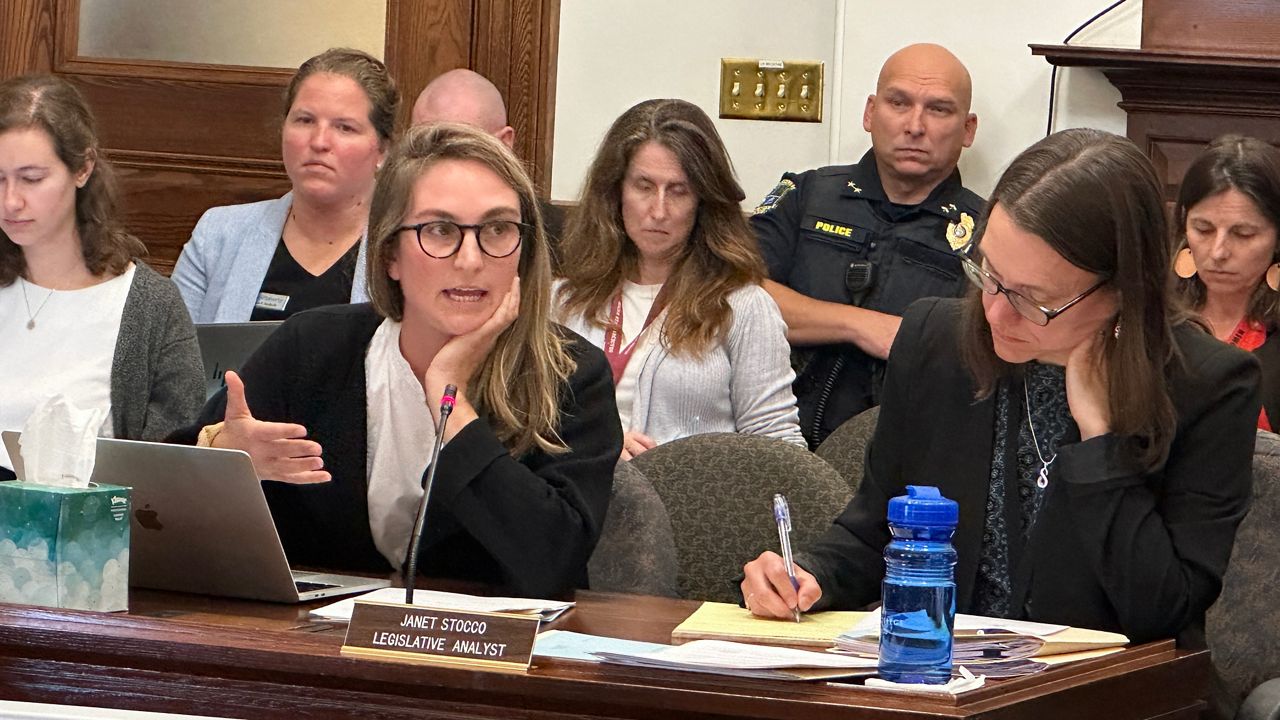A report released Wednesday shows mental health, substance use and access to care are among the state’s top health priorities.
The Maine Shared Community Health Needs Assessment, which is published every three years, is a joint effort involving the state’s largest health care providers and the Maine Center for Disease Control and Prevention.
In addition to naming priorities for improving Mainers’ health, the 2022 report lists vital statistics, including leading causes of death. The report notes that in just two years, COVID-19 became the third leading cause of death behind cancer, ranked first, and heart disease. As of Wednesday, 2,463 Mainers have died with COVID-19 since the pandemic began in Maine in March 2020.
The report also highlights “social determinants of health” as a priority. Those include “access to healthy food, housing, water and relationships,” according to the report. Also, diabetes, oral health, cardiovascular disease, older adult health care and cancer were singled out as other priorities.
The report used data analysis, 17 community forums, nine community sponsored events and 1,000 oral surveys to reach its findings.
The 2022 report includes input from 10 of Maine’s diverse communities and seeks to highlight the needs of disadvantaged populations that includes those who are Black, deaf or hard of hearing, immigrants, those with low incomes and the homeless, according to a press release from Karen Cashman, director of public relations, marketing and communications for Northern Light Health.
The statewide report and 16 County Reports will be used by hospitals, district councils, policy makers and the Maine CDC to create community health improvement plans.
In the area of mental health, the report states that “the availability of providers was the most frequently mentioned indicator.”
“Community members were concerned that the pandemic exacerbated mental health issues across the state, leading to increased isolation, trauma and stress,” the report states. “Those with a mental health diagnosis noted extremely long waitlists for services, highlighting a need for more high-quality mental health services.”







)

